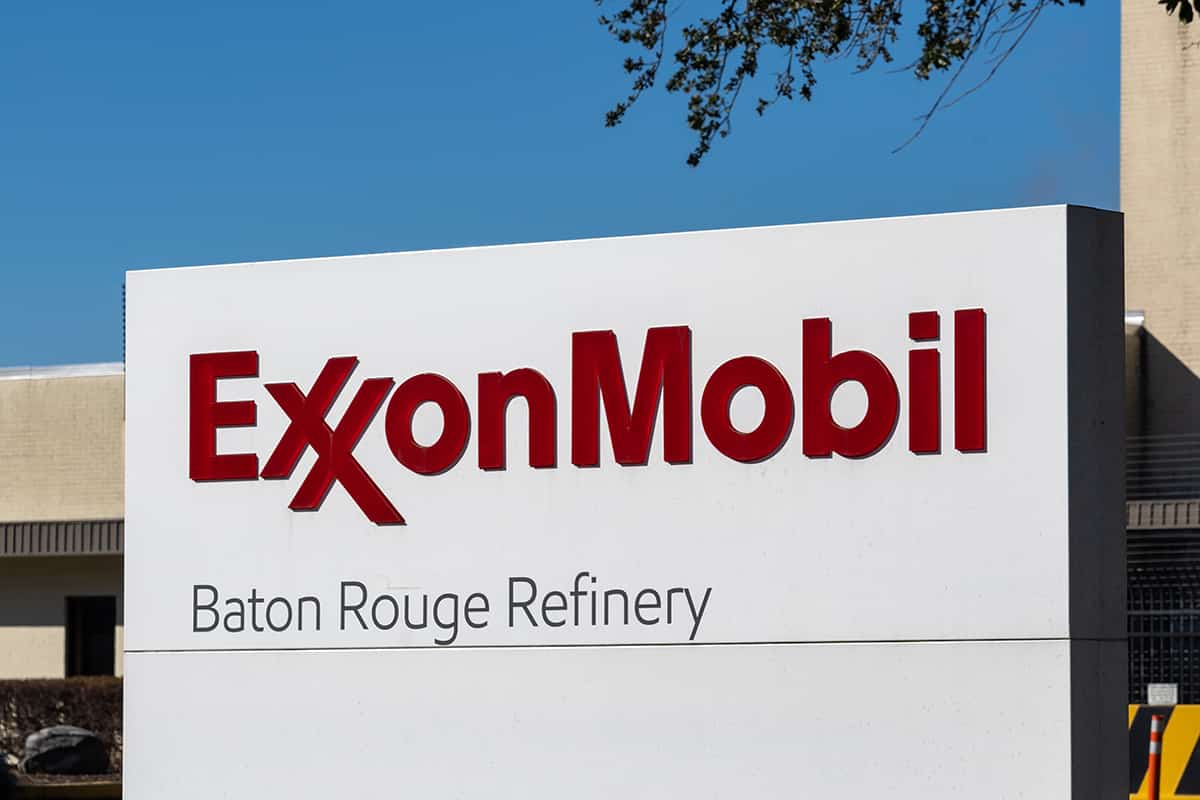ExxonMobil Corporation has sued two climate activist investors to prevent them from presenting an “extreme” climate proposal at its annual shareholders’ meeting in May.
In an unprecedented move, the company filed the suit against North Carolina-based Arjuna Capital and Amsterdam-based activist investor group in January. The suit alleges that the request in the resolution is part of an “extreme agenda” aimed at diminishing the company’s existing business and is an abuse of SEC rules. It is seeking a legal precedent that would stop activist groups from strong-arming the shareholder petitions process.
The two groups want Exxon to set Scope 3 targets to reduce emissions produced by its oil and gas users. While Exxon has net zero targets for 2050 for Scope 1 and Scope 2 emissions (covering the pollution from its production processes and energy consumed), it does not have Scope 3 targets (covering indirectly generated carbon emissions)—unlike the four other oil majors. According to Follow This, Shell, BP, Chevron and TotalEnergies adopted Scope 3 targets after their shareholders voted for similar resolutions.
Shareholder activism is not a new phenomenon; but corporate boards and management teams are urged to be vigilant, according to the authors of Lazard’s latest Annual Review of Shareholder Activism. Global campaign activity reached an all-time high in 2023. With 252 new campaigns (up 7% year-over-year), activity topped the record set in 2018, with Europe and Asia-Pacific seeing the most activism. The January 2024 report notes the total board seats won by activists increased for the third consecutive year, with a record 31% of board seats won through proxy contests last year, well above the historical average of 17%.
Exxon has long been one of the world’s largest, most successful and resilient publicly traded companies. In December 2023, it said it was on track to more than double its earnings potential from 2019 to 2027, with 18% compound annual earnings growth.




